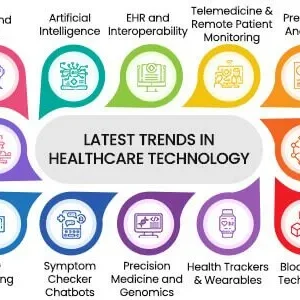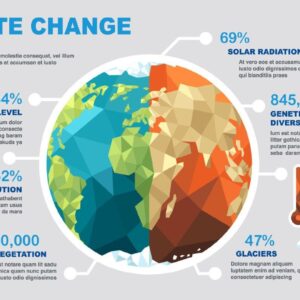Technology is advancing at a rapid pace, and with it, the promise of profound changes in how we live, work, and interact. From artificial intelligence to biotechnology, the future is full of possibilities—but also ethical dilemmas that need careful consideration.
AI and Ethics: Striking a Balance
Artificial intelligence is one of the most transformative technologies in modern society. However, it raises numerous ethical concerns. Issues of bias, job displacement, privacy, and decision-making power are just a few of the challenges that need to be addressed as AI continues to evolve.
Governments, tech companies, and ethicists must work together to create frameworks that guide the responsible development of AI. It’s crucial to ensure that AI benefits society as a whole, without exacerbating inequalities or infringing on individual freedoms.
Biotechnology: The Promise and Perils of Genetic Engineering
Biotechnology is advancing in exciting ways, from CRISPR gene editing to advancements in personalized medicine. These technologies offer the potential to cure genetic diseases, extend life, and revolutionize agriculture.
However, these innovations also come with ethical concerns, such as the potential for “designer babies” and the creation of genetically modified organisms (GMOs). As biotech continues to progress, it’s important to consider the moral implications of these breakthroughs.
Quantum Computing: A New Era of Problem-Solving
Quantum computing holds the potential to solve problems that classical computers cannot. With its ability to process massive amounts of data and solve complex problems in seconds, quantum computing could revolutionize industries like healthcare, finance, and cybersecurity.
But like all new technologies, quantum computing also raises concerns about security and the ethical use of its capabilities. As governments and corporations work to unlock its full potential, it’s essential to ensure that these powerful tools are used for the common good.



